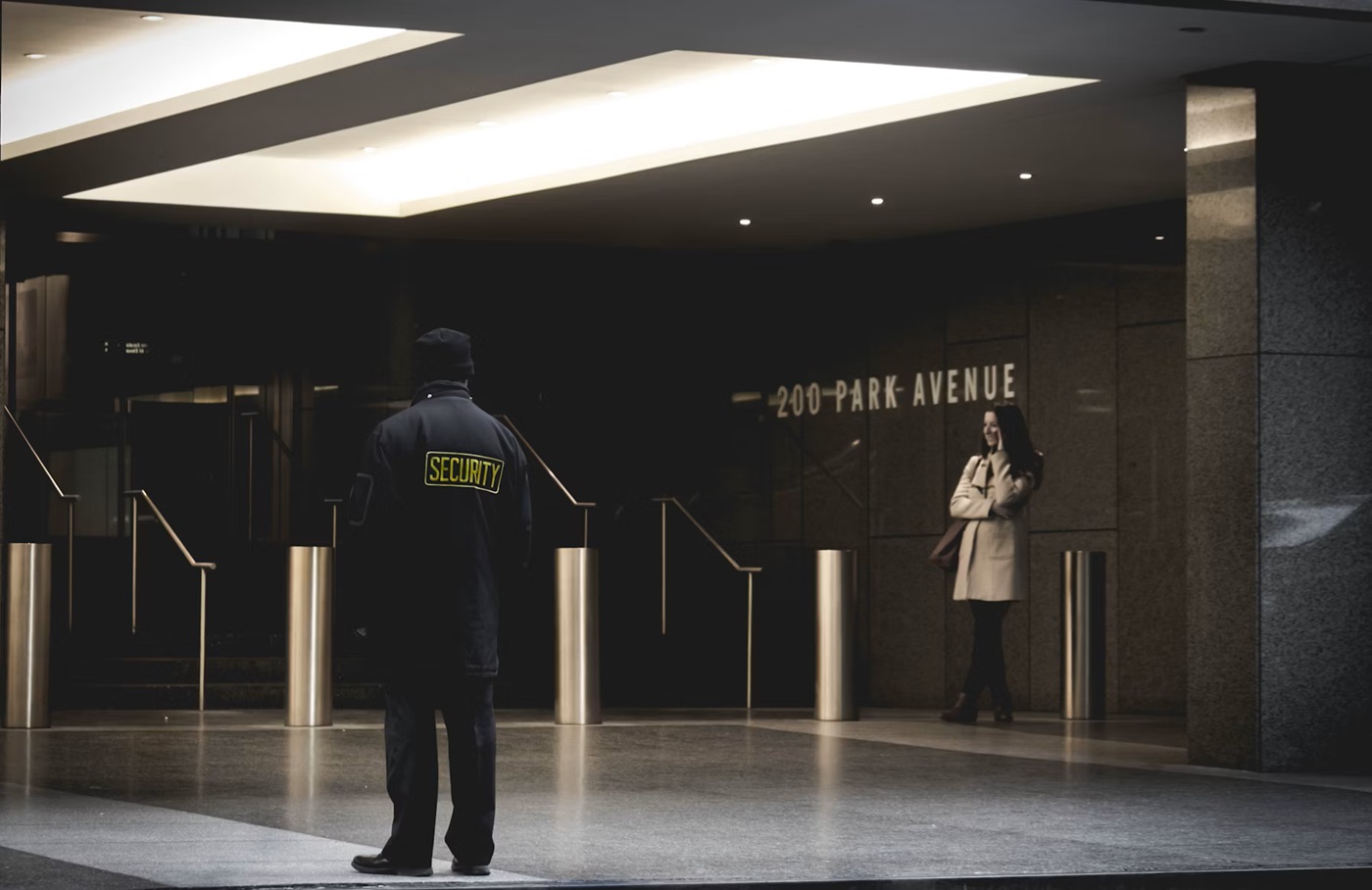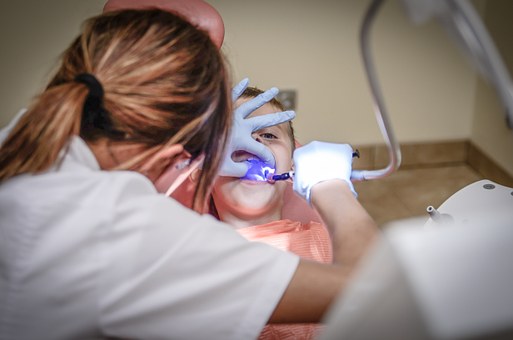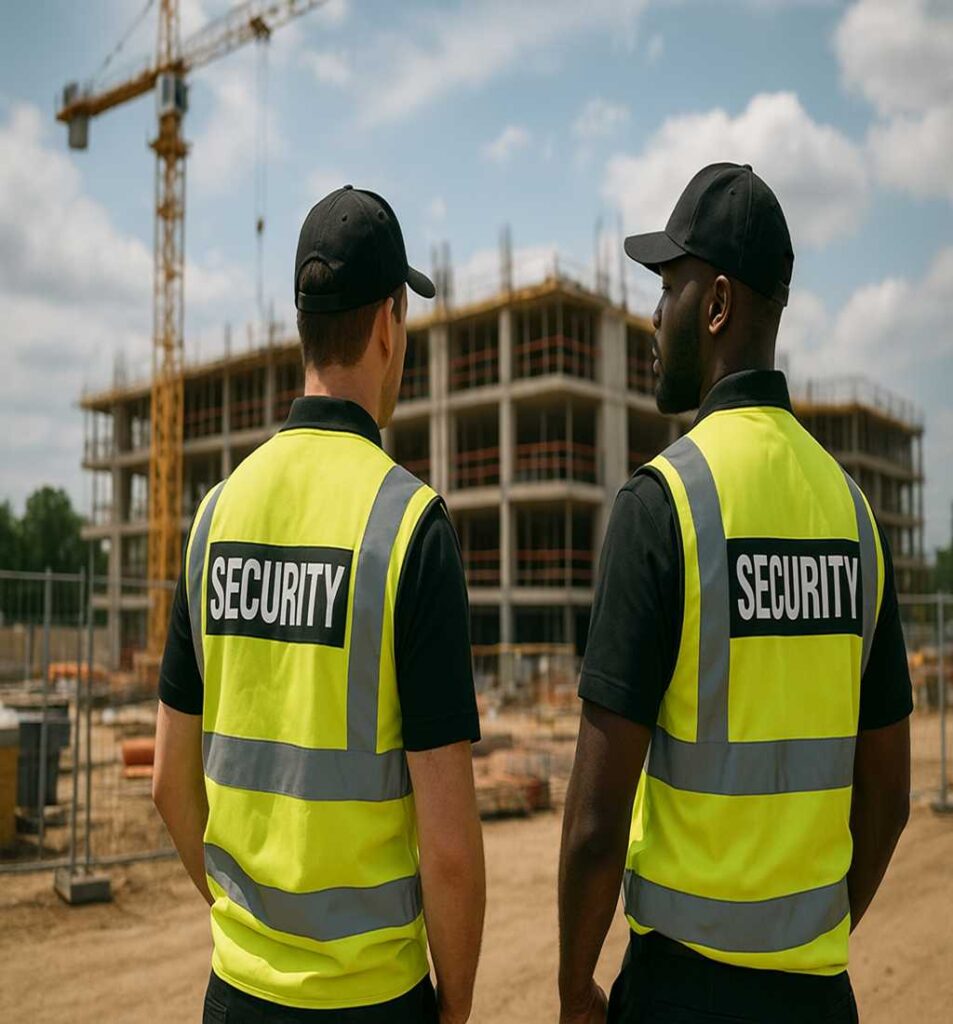The role of security guards is paramount in ensuring the safety and security of properties, individuals, and information. As threats evolve and become more sophisticated, the requirements for training and certification for security guards have become increasingly stringent. This blog delves into the essential training and certification requirements for security guards, highlighting their importance and the standards set by various regulatory bodies.
Understanding the Role of a Security Guard
Security guards are tasked with protecting assets, monitoring premises, and deterring criminal activity. Their responsibilities can range from patrolling and monitoring surveillance equipment to managing access points and responding to emergencies. Given the diversity of these tasks, security guards must possess a comprehensive skill set, which is acquired through rigorous training and certification processes.
Basic Requirements for Aspiring Security Guards
Before delving into specific training programs, it’s crucial to understand the basic requirements that candidates must meet:
- Age and Citizenship: Most jurisdictions require security guards to be at least 18 years old. Additionally, they must be citizens or legal residents of the country where they intend to work.
- Background Check: Aspiring security guards must undergo a thorough background check. This process typically includes a criminal record check and, in some cases, a drug screening.
- Physical Fitness: Given the physical demands of the job, candidates must be in good health and possess the physical stamina to perform their duties effectively.
- Education: A high school diploma or equivalent is generally required. Some positions may require additional education or experience, particularly for specialized roles.
Core Training Components
Security guard training programs are designed to equip candidates with the necessary skills and knowledge to perform their duties effectively. These programs typically cover the following core components:
- Legal and Ethical Responsibilities: Security guards must understand the legal boundaries of their authority and the ethical standards they must uphold. Training in this area covers topics such as use of force, arrest procedures, and privacy laws.
- Observation and Reporting: Effective observation and reporting skills are crucial for security guards. Training focuses on enhancing situational awareness, identifying suspicious activities, and accurately documenting incidents.
- Emergency Response: Security guards are often the first responders in emergencies. Training includes first aid, CPR, fire safety, and protocols for handling various emergency situations, such as natural disasters and medical emergencies.
- Communication Skills: Clear and effective communication is essential for security guards. Training covers verbal and written communication, conflict resolution, and customer service skills.
- Physical Security and Patrol Techniques: This component includes training on patrolling methods, access control, alarm systems, and surveillance techniques. Guards learn how to conduct thorough inspections and maintain secure environments.
- Defensive Tactics and Self-Defense: Security guards must be able to protect themselves and others in potentially dangerous situations. Training in defensive tactics and self-defense techniques is crucial for ensuring their safety.
Certification Requirements
Upon completing the core training components, aspiring security guards must obtain certification to validate their qualifications. Certification requirements vary by jurisdiction but generally include the following steps:
- State Licensing: In many regions, security guards must be licensed by the state. This process often involves passing a written examination that tests knowledge of security practices, legal regulations, and ethical standards.
- On-the-Job Training: Some jurisdictions require security guards to complete a certain number of hours of on-the-job training under the supervision of a licensed security professional. This practical experience helps reinforce the skills learned during formal training.
- Continuing Education: Security guards must stay updated on the latest security practices and regulations. Continuing education requirements vary but typically include periodic refresher courses and additional training on new technologies and emerging threats.
Specialized Training and Advanced Certifications
Security guards who wish to advance their careers or specialize in specific areas may pursue additional training and certifications. Some common specialized training programs include:
- Armed Security Guard Training: For those who carry firearms, specialized training in weapon handling, marksmanship, and firearm safety is required. Armed security guards must also pass additional background checks and psychological evaluations.
- Executive Protection: Security guards who provide protection for high-profile individuals, such as celebrities or corporate executives, undergo specialized training in threat assessment, defensive driving, and personal security techniques.
- Cybersecurity: With the increasing threat of cyber-attacks, some security guards specialize in cybersecurity. Training in this area includes network security, data protection, and responding to cyber incidents.
- Loss Prevention: Security guards in retail environments often specialize in loss prevention. Training focuses on preventing theft, identifying shoplifting behaviors, and working with law enforcement to address security breaches.
Conclusion
The training and certification requirements for security guards are comprehensive and multifaceted, reflecting the critical role they play in maintaining safety and security. By adhering to rigorous standards and continually updating their skills, security guards can effectively protect people, property, and information in an ever-evolving threat landscape. Aspiring security guards should approach their training with dedication and a commitment to ongoing professional development to excel in this vital profession.




